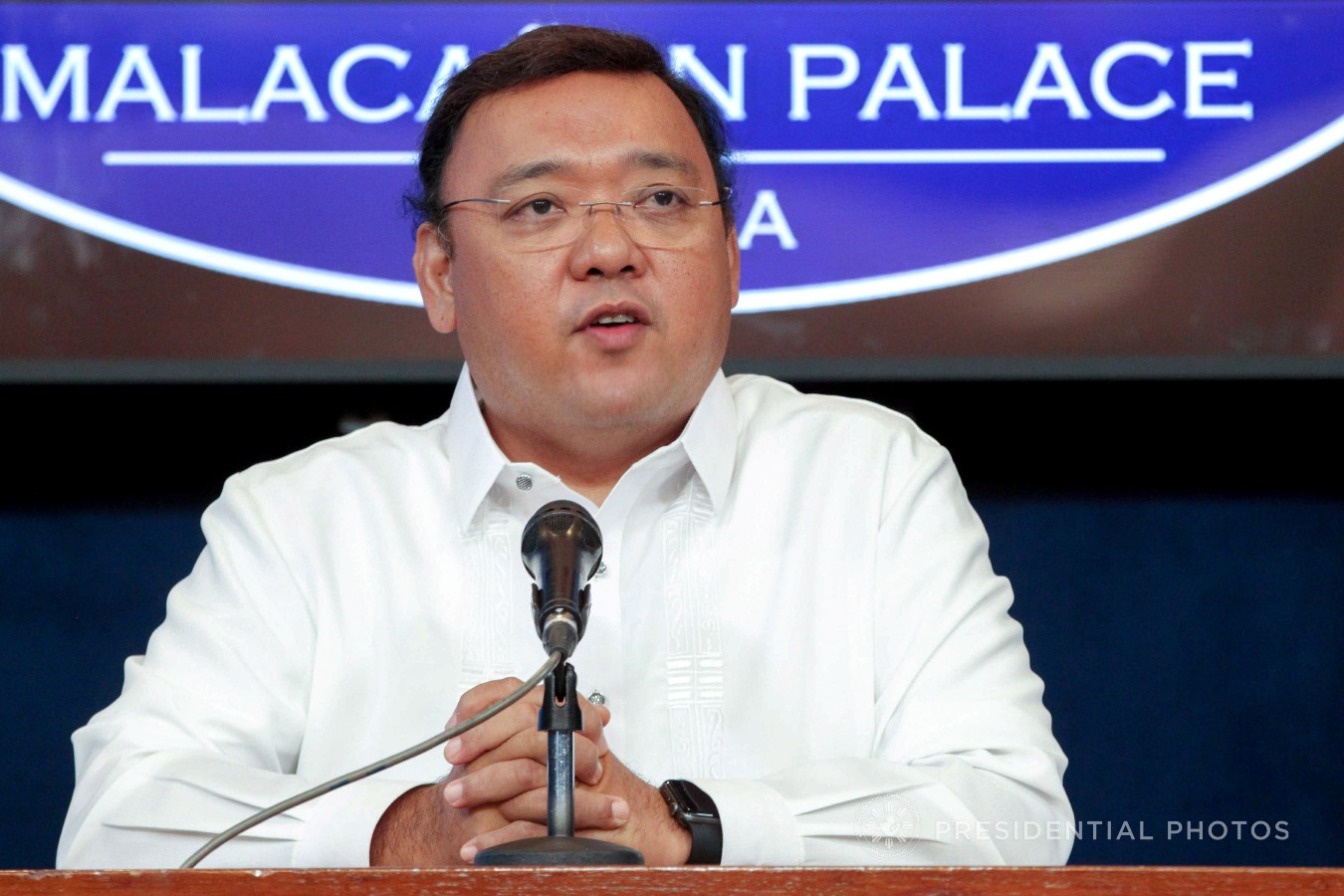Headline
Nothing wrong with PNP monitoring violators thru social media

In a virtual Palace briefing, Presidential Spokesperson Harry Roque said he does not see monitoring social media as intrusion of people’s privacy because it is not prohibited under the Cybercrime Prevention Act of 2012. (PCOO file photo)
MANILA – Malacañang sees nothing wrong with the decision of the Joint Task Force Covid Shield to have police commanders monitor social media to spot possible quarantine violations like parties and drinking sessions.
In a virtual Palace briefing, Presidential Spokesperson Harry Roque said he does not see monitoring social media as intrusion of people’s privacy because it is not prohibited under the Cybercrime Prevention Act of 2012.
“Well, alam niyo po yung Cybercrime Act natin, nakasaad po dun ang mga pinagbabawal. Hindi naman po pinagbabawal ang social media monitoring (Well, you know our Cybercrime Act, it’s stated there what’s prohibited. Social media monitoring is not prohibited),” he said.
Roque also noted that police commanders will only be monitoring social media posts which are made public.
“Wala pong mali doon sa ginagawa ng pulis kung tinitignan lang nila kung ano yung mga naka-post sa social media. So yung pagmo-monitor po hindi po ‘yan illegal (There’s nothing wrong with what police are doing because they’ll only be looking at what’s posted on social media. Monitoring is not illegal). I don’t think there’s anything wrong with that,” he said.
According to Roque, people waive their right to privacy the moment they post on social media.
“E pinost po ‘yan e so parang nagkaroon po ng waiver of privacy diyan kapag posted na po ang isang bagay sa social media (It’s already posted so it’s like there’s a waiver of privacy when you post something on social media),” he said.
He emphasized that monitoring social media is “SOP” or standard operating procedure when conducting police investigations.
“Ito po ay instance lang naman na ginagamit ng ating kapulisyan ang teknolohiya (This is just one instance where police is using technology),” he said. “Ngayon po kasi talaga pagdating sa mga imbestigasyon, talagang iniinganyo ang pag-check sa social media, pag-check sa mga cellphones. SOP na po ‘yan lalung-lalong na sa mga developed countries pag sila’y nagiimbestiga (Now, when it comes to investigation, police are encouraged to check social media, check cellphones. It’s SOP especially in developed countries when they conduct investigations).”
In a radio interview, Integrated Bar of the Philippines president Domingo Egon Cayosa also said that police have the power to check social media posts since they are in the “public domain.”
Human rights groups have questioned the task force’s plan to monitor social media to apprehend possible quarantine violators saying it’s a violation of people’s privacy.
Earlier, Joint Task Force Covid Shield commander Lt. Gen. Guillermo Eleazar said the plan to monitor social media came in the light of some Facebook pages which post photos and videos of quarantine protocol violations on the streets captured by closed circuit television (CCTVs) and dash cams.
He said violations of minimum health safety standard protocols, such as mass gathering for drinking sessions and other forms of celebrations, were posted by netizens to complain about the violations while posting some photos and videos of the celebrations they attended.

